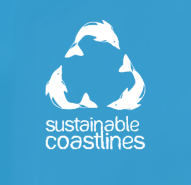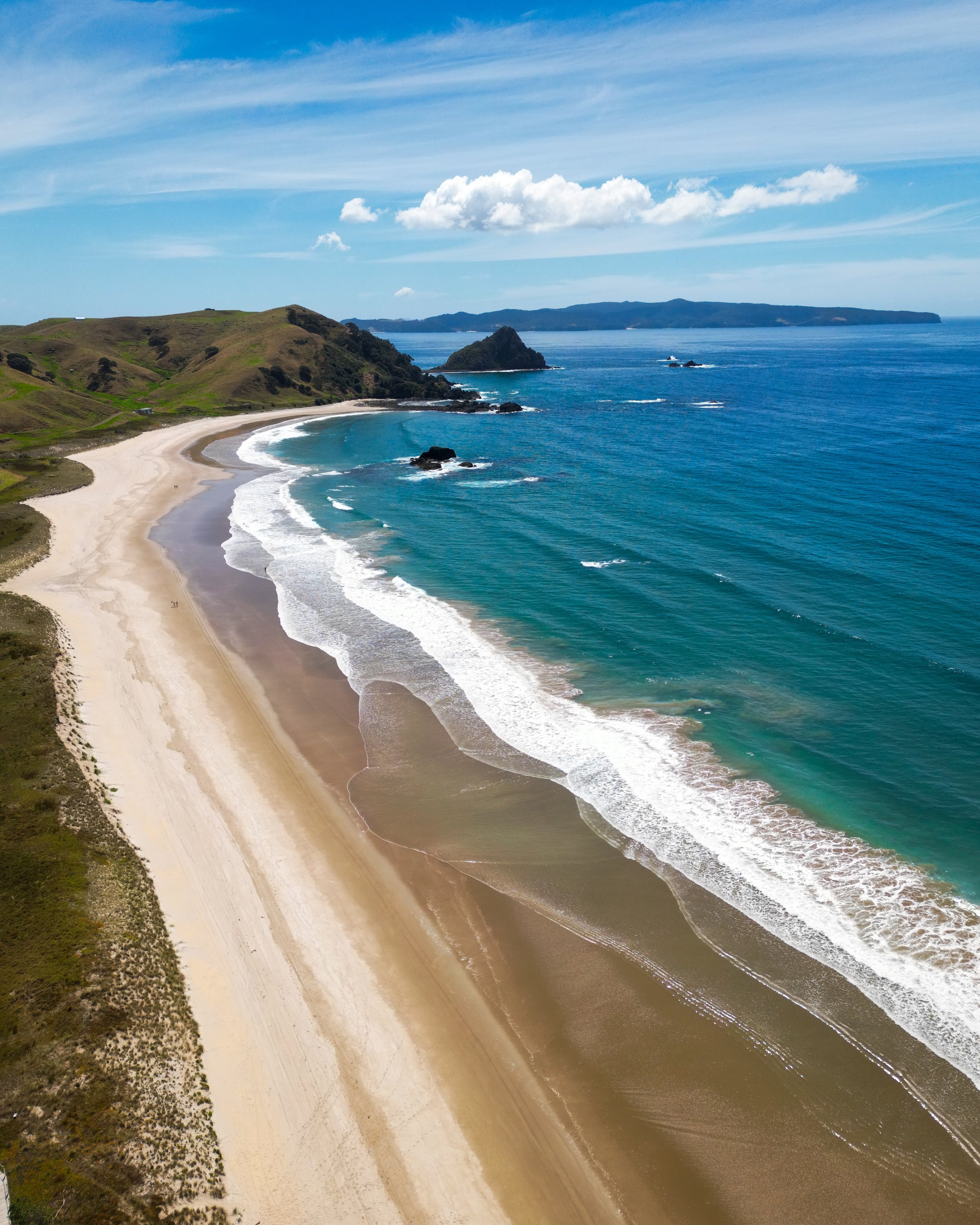
sustainability and VALUES
Opito Bay Salt is proud to be certified a Carbon Friendly Business with Ekos. This means that we used Ekos *lite calculator to estimate and offset our business’s 2023/2024 operational emissions with certified carbon credits. The activities we measured include production, packaging, transportation, and operations. Ekos offsets grow and protect forests in New Zealand and the Pacific Islands and help to deliver climate resilience, waterways protection, erosion control, biodiversity conservation, and community economic development.
One of the reasons we were driven to the idea of salt farming was because it epitomises a sustainable and environmentally friendly business, using just seawater and sunshine to produce wonderful tasty sea salt.
However, for us, sustainability is now more of the journey than we ever envisaged and it keeps evolving.
Our packaging is comprised of a fully compostable box and recyclable clear plastic pouch which are re-sealable providing customers a tamper-proof, air-sealed product plus a convenient way to store after opening.
Living remotely, we really focus on waste. 100% of organic waste is composted, 20% of paper waste is composted 80% recycled. Less than 0.05% of our waste goes to landfill.
Local is also what drives our ethos, cutting down food miles, so over 80% of ingredients are grown in NZ.
Community
Our business values align with our own values. We take part actively in the local community and support it through our business and personally.
Climate change and pollution could impact our beach environment so we are actively support Sustainable Coastlines citizen science projects monitoring the health of our pristine coastline which is fundamental to our sea water quality.
We also participate in dune remediation work in which improves our ecosystem, helps prevent beach erosion and flooding in the low-lying land our salt farm is sited on.
Beyond producing high quality, sustainably grown sea salt, our core values as a business are to genuinely commit to having a sustainable business ethos. This includes factoring in social and environmental factors into the way we do things.
From establishing, chairing and advocating for our local food producer community, to carrying out waste audits after production, employing young people locally and supporting in tangible ways our small vibrant local community can flourish.
We are proud to pay a living wage. A commitment we truly believe in- to help address the rising inequality in Aotearoa/New Zealand.
We are privileged to be able to give-up time to help keep our small remote community safe. Perry is a qualified Rural Fire Fighter and Emergency responder.
attainable Trust
More than half our product is packaged by the Attainable Trust. A Not-for-Profit that provides work for the cognitively impaired and disabled people.
sustainability for life
We are custodians of our environment and resources. We contribute to the well-being of our planet by looking after the resources we use in a meaningful way and consciously seek to minimise our impact on the planet.





